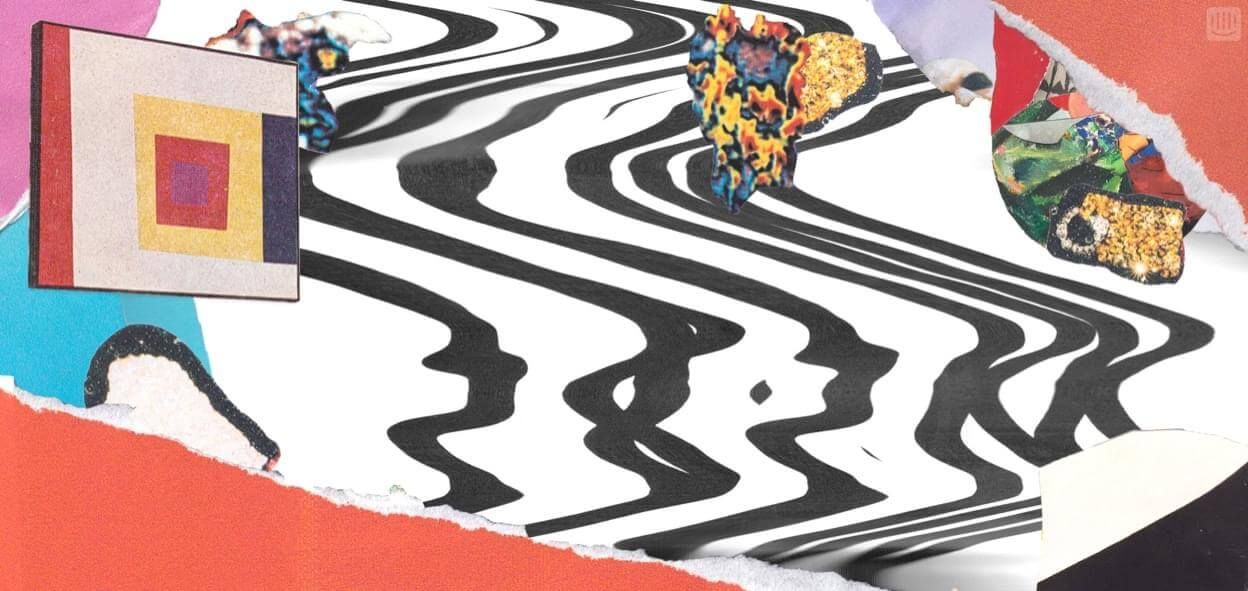
What’s the story with your product?
Main illustration: Geoff Kim
The difference between writing a joke and writing a story is the same as the difference between creating a product and creating a category. One simply fits into an existing world, the other has to create it.
If you’re not going to create a whole new world, your product needs to fit into an established category. Similarly, a joke needs to fit into the context that already exists for the audience, otherwise they won’t get it. It’s the difference between telling a joke about VCs to a Silicon Valley audience and telling it at a kid’s birthday party. Your first step on this journey should be to master product storytelling.
Jokes and products require a pre-existing narrative, whereas stories and categories need to create a world in which they then make sense in. “Stories punch holes in our mental walls”, whereas jokes just add another brick onto that wall, maybe in a way you didn’t expect.
4 steps to master your product storytelling
The wrong way to tell your product’s story
A product can be ruined by bad or incomplete storytelling. An example of not telling a story well is a feature-driven marketing page. Tables like the one above show you a bunch of features, but the customer has to know what features are important to them. They have to bring their own narrative to the table.

A matrix like this makes it hard for a customer to understand what to do with your product, how to use it, why it’s so great. It’s like describing a movie by separately introducing each character. These pages are showing you dots. At the end of the page, you’re left wondering how to connect them. That’s where tools like tension and empathy – and actually showing your product – come in, tools our product marketing team uses on comparative marketing pages like this one.
When your product’s story requires too much explaining
Having to tell too much of a story isn’t great either. You could tell a joke about VCs in Birmingham, Alabama, but first you’d have to explain what VCs are, their reputation, maybe a few stories that help people understand the culture. That’s not funny. Similarly, if you need to explain your product and what it does, how it fits into a specific category and why it solves all your problems, it’s going to be hard to get people to adopt it. If you have to explain it too much, it’s not good and it’s not funny.
When your product’s story is simple
A good one-liner joke correlates to a piece of software that’s not changing the world but is really good at one thing. Think of Droplr or Whatsapp or Yo (or remember Hodor?). The limitation of course is the product must appeal to the lowest common denominator. But, it doesn’t need to live in a separate world, it doesn’t need explanation. Everything you need to know about the world is contained in that one-liner. That’s pretty appealing if you can nail it.
The temptation of easy laughs
It’s always tempting to go for a quick win or laugh, just like it’s easier to create a product in a pre-existing category. I’m not saying it’s easy to create a good one, but at least all the typical features and customer needs are mapped out.
If you’re creating a new email client, you know you need an inbox, outgoing mail, a contact list, etc. It’s like telling a joke about Ikea furniture being hard to assemble. It’s been done before and people have already identified what is funny about the topic. You’ll probably get a laugh, but you’re not going to be remembered for it.
It’s not easy if you want to create a product that takes things from 0 to 1, something that creates a new category. You don’t have a handy list of competitors or examples of people doing the same thing. You can’t tell investors what category you fit into – you haven’t invented it yet. You better be a good storyteller. The goal is to create a story where people pick your product as the no brainer solution and ultimately adopt your way as habit.
If you are truly ambitious, stop telling jokes about long waits at the DMV and creating expense tracking software. Strive to tell a story or create a category no one has ever heard of before.






